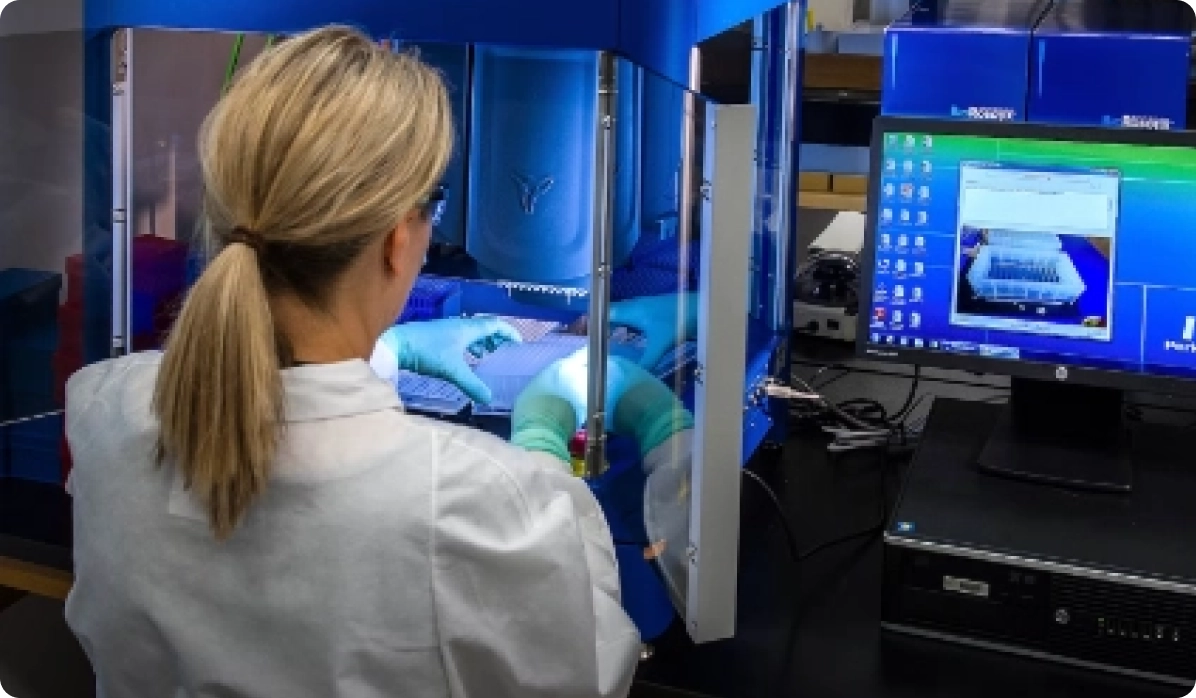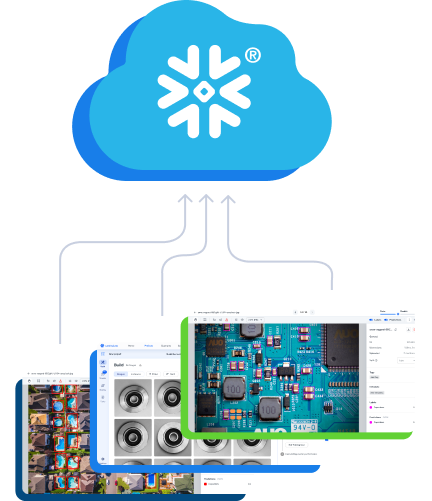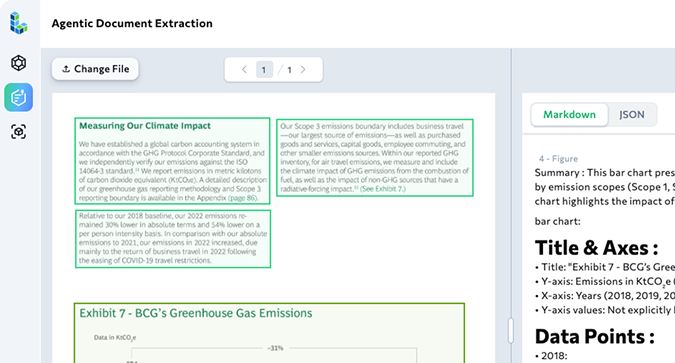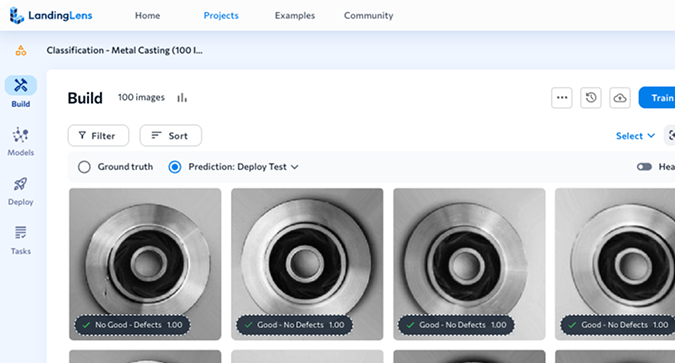
Applications of AI for Medical Devices
LandingLens combines deep learning and computer vision in medical devices to streamline inspections, ensuring AI in medical device manufacturing is accurate, scalable, and compliant. Our platform makes deep learning development accessible with an intuitive interface, delivering high accuracy and throughput for quality control.
and AI in Medical Devices
Medical device manufacturing and production processes require inspection to ensure quality and reliability. LandingLens takes visual examination to the next level by adding AI-powered deep learning combined with an intuitive user interface. Regarding AI in medical devices and technology, the LandingLens platform elevates inspection accuracy, highlighting potential defects, and providing an added layer of quality management, all while boosting productivity, throughput, and profitability. Explore the transformative advantages of computer vision for healthcare, AI in medical device industry applications, and compliance-driven quality control.
Ease Regulatory Compliance
- Medical-device manufacturers face strict regulations and guidelines that leave no room for error. LandingLens makes it easier for companies to achieve compliance by supporting extremely accurate visual inspections of defects and providing a documented audit trail of those inspections.
- With LandingLens, manufacturers can improve quality control, in turn helping to achieve regulatory compliance and – ultimately – enhance patient outcomes.
Improve Inspection Accuracy and Quality
- The computer vision capabilities from LandingLens helps medical device manufacturers to identify defects more reliably and earlier during the production process. By catching possible defects and enhancing build quality, manufacturers can reduce the likelihood of costly product recalls, and protect brand reputation.
- Further, increased production quality enabled by LandingLens will translate to improved device reliability, and contribute to superior clinical performance.


